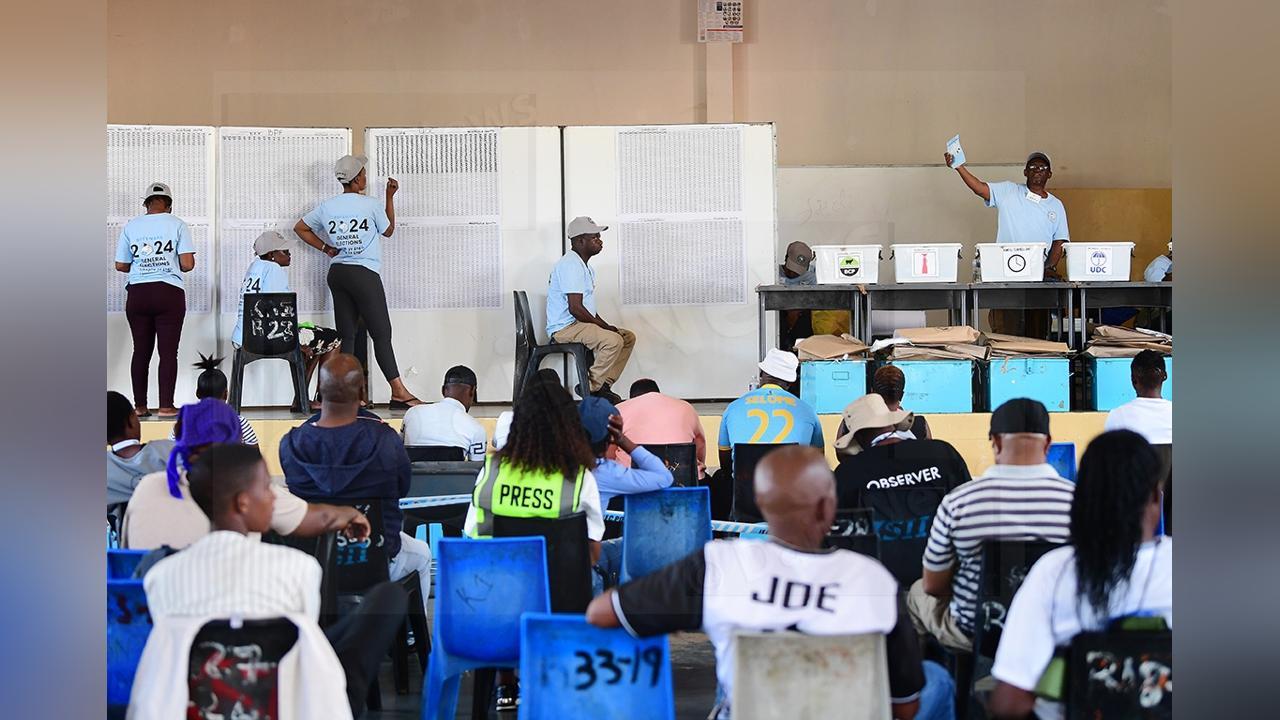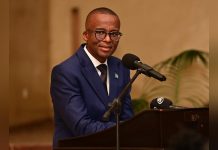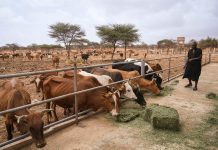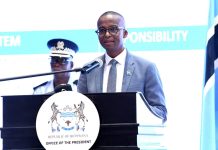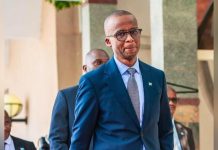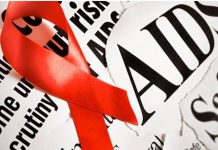Africa-Press – Botswana. The recent general elections have ushered in a new party to govern, marking a historic shift after nearly six decades of political continuity.
In light of this significant moment BOPA spoke with the spokesperson for the Independent Electoral Commission (IEC), Mr Osupile Maroba, to discuss the electoral process and the dynamics of voter participation.
“Our satisfaction with the overall electoral process is high,” stated Mr Maroba, acknowledging that while large-scale projects invariably encounter challenges, the minor issues faced this year did not compromise the legitimacy of the outcomes.
“As long as the challenges are too minute to influence the actual outcome, we cannot label the process a failure,” he said
In this election cycle, a total of 1,038,275 Batswana registered to vote, with 824,014 successfully casting their ballots.
This, he said represented a voter turnout of 79 per cent, a slight decrease from the 84 per cent observed in the 2019 elections.
“While we acknowledge the decline, we are still content with the turnout,” said Mr Maroba.
However, he expressed concern over the notable number of rejected ballots.
“Rejected votes occur when a voter’s intent is unclear, such as when two candidates are marked or when marks are made in between names,” he explained, emphasising that polling officers are not permitted to interpret voter intent.
When questioned about whether the issues faced during advanced polls, particularly a shortage of ballot papers at some polling stations affected the final turnout numbers, Mr Maroba dismissed this concern.
“We implemented measures to ensure that all gazetted officers could vote where they registered, and we replaced those unable to do so,” he stated.
Mr Maroba noted that other challenges impacted turnout, including the absence of essential personnel, such as journalists, who must remain on duty during elections without being officially gazetted.
Regarding recommendations from foreign observers, including teams from the African Union and SADC, Mr Maroba indicated that reports were yet to be submitted for formal review.
“We will evaluate their recommendations once we receive the official reports,” he said, while acknowledging that preliminary briefs had hinted at some administrative suggestions and potential legislative changes requiring parliamentary action.
He expressed gratitude to the Batswana populace for exercising their democratic rights, stating, “Elections require patience, and we appreciate Batswana for demonstrating this and for voting to choose their government for the next five years.”
For More News And Analysis About Botswana Follow Africa-Press

